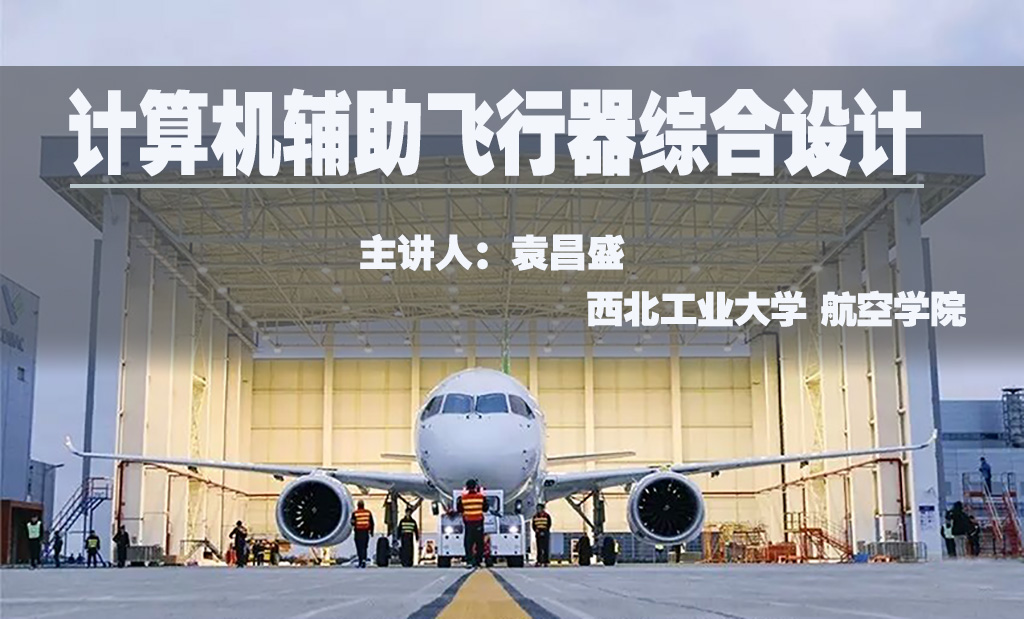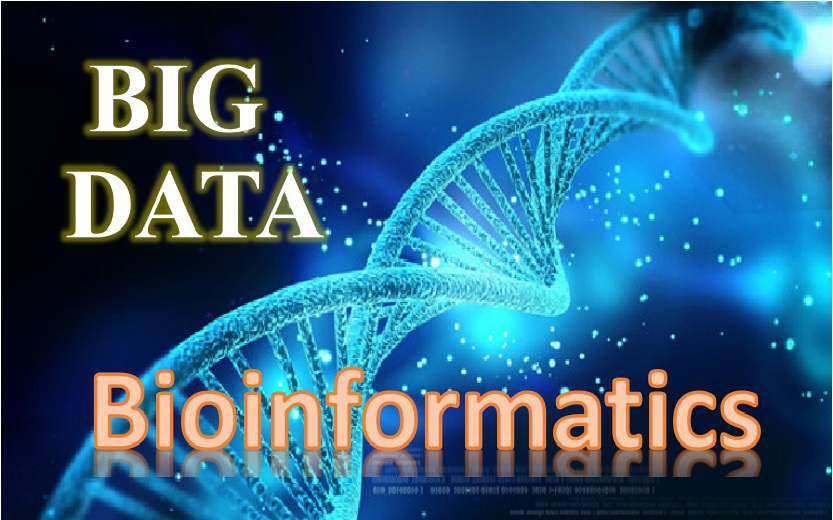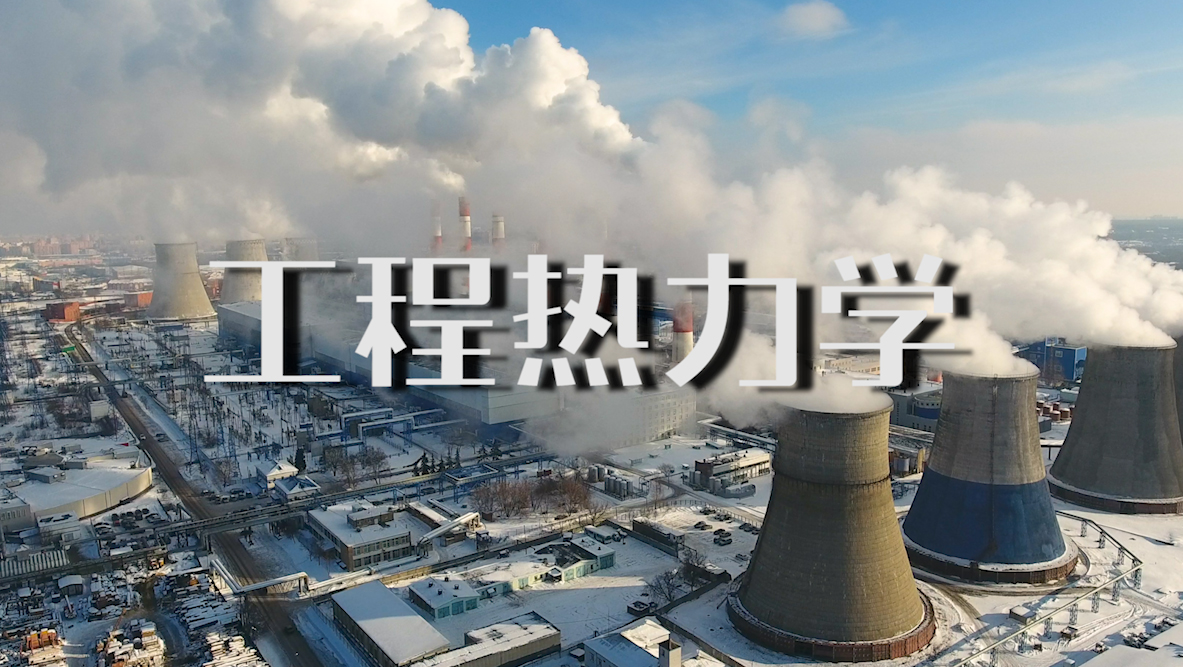
当前课程知识点:Hospitality English > 2 MEET AND GREET > 2.3 Meet and Greet at Other Situations of Hospitality > 2.3.3 At conventions and exhibitions
返回《Hospitality English》慕课在线视频课程列表
In this video, you will learn about the importance of meet and greet at convention and exhibition. Please discuss the significance of meet and greet in convention and exhibition.
返回《Hospitality English》慕课在线视频列表
本部分重点介绍会展中的见面问候
那么 什么是会展呢
会展是指志同道合的人聚集在一起学习
宣传 分享信息和网络的大型活动
它包括多个类型 可以是在所有领域
和学科范围内 涉及政治 媒体 贸易
商业和国内国家会议
大型会议包括演讲
主题演讲 讲座 研讨会 会议
讨论 见面会 小组辩论和社会活动
在大型会议中 迎接与会者是很重要的
因为它能给人留下第一印象 提高顾客的满意度
在进行活动之前 重要的是策划活动
策划一套活动和日程 使活动顺利进行
大型会议中的接待从通过网络进行预登记开始
当参会人员在电话中需要帮助时
工作人员应以专业的态度说话
工作人员可以说 女士/先生 有什么可以帮您的
或 很高兴能帮助到您
当参会人员到达时
工作人员可以在红毯上笑脸相迎
这是一个让与会者感到特别的好方法
而且工作人员应该在那里将参会者带到登记台
工作人员可以说:
先生/女士 很高兴带您到登记处
登记台的工作人员也应该彬彬有礼
表示支持和欢迎
工作人员可以说
先生/女士 欢迎来到大会
我很高兴帮您填写这份登记表
所以 什么是展览呢 简单来说 展览是一种活动
主要目的是向公众展示产品或技能
产品或技能的展示
也可以包括在艺术馆展示画作
展览中的见面与问候是从邀请函开始的
在写邀请函的同时 问候规则是非常重要的考虑因素
邀请函应该表达欢迎和亲切
而且还必须提供必要的信息
关于展览的信息
因此 一些重要的事情是必须考虑的
包括:一定要保持信件语言的正式性
对写信对象的称呼
描述展览的主题
展览的时间和地点 最后
当然 需要关注语法和拼写错误
这种邀请函表明你对这个人很重视
很想让这个人参加你的展览
在展会当天
展台工作人员对吸引客户
打造第一形象起着至关重要的作用
展位工作人员的肢体语言
总能传递出其专业性的信息
因此 展台工作人员的肢体语言和基本的展台礼仪
有助于吸引参会者到展台
因此 展台工作人员应以积极
热情的态度迎接与会者
他们的站姿应该是专业的
而且必须自信 礼貌 友好
除了良好的态度
他们的着装对给人留下第一印象也很重要
另外 工作人员要对产品有一定的了解
并且要有在面对面的交流中对产品进行专业讲解的技巧
工作人员应该感谢与会者的光临
可以说 谢谢您宝贵的时间
或者 "谢谢您光临我们的展位
此外 展台工作人员还应该
注意避免某些行为
包括在展台上吃东西 进入其他参展商的展位
打电话或与他人交谈
或与其他展台工作人员交谈
个人卫生差 不礼貌的肢体语言等
因为它对展台和产品的形象产生了负面影响
这些礼仪都有助于迎接与会者
那么 为什么展台上的迎宾礼仪很重要呢
因为展台礼仪有助于给人留下极好的第一印象
团队的个人素质和行为有助于吸引更多的参观者
传递出公司或个人的正面信息
并且使展会成功
但是 违反礼仪会让你的品牌形象大打折扣
-1.1 Hospitality and Tourism
--1.1.1 Introduction of hospitality
--1.1.2 Introduction of tourism (1)
--1.1.3 Introduction of tourism (2)
--1.1.4 Basic conception of tourism (1)
--1.1.5 Basic conception of tourism (2)
-1.2 Tourism Industries
--1.2.4 Convention & exhibition
--1.2.5 Entertainment & recreation
-1.3 Nature of Tourism Businesses
--1.3.2 Characteristics of hospitality
--Week 1 Quiz
-2.1 Basic Approaches and Etiquette of Hospitality
--2.1.1 Basic approaches and etiquette of hospitality
-2.2 Meet and Greet at Accommodations
--2.2.3 Know how to offer more
-2.3 Meet and Greet at Other Situations of Hospitality
--2.3.1 At transportation services
--2.3.3 At conventions and exhibitions
--2.3.4 At entertainment and recreation situations
-2.4 Communication Skills of Online Travel Agency
--2.4.1 Communication skills of online travel agency
--Week 2 Quiz
-3.1 Culture and Communication
--3.1.2 The characteristics of culture
--3.1.3 What is communication?
--3.1.5 Myths of communication
-3.2 Barriers to Cross-cultural Communication
-3.3 Cross-cultural Communication
--3.3.2 Cross-cultural verbal communication
--3.3.3 Hofstede's cultural dimensions (1)
--3.3.4 Hofstede's cultural dimensions (2)
-3.4 International Practice in Cross-cultural Communication
--3.4.1 International practice in cross-cultural communication
--Week 3 Quiz
-4.1 Getting to Know Tourism Literature
--4.1.1 Significance of tourism literature
--4.1.2 Proper way to choose for reading
-4.2 Capturing the Main Ideas
--4.2.1 Starting with the title & abstract
--4.2.2 Following the structure to focus
--4.2.3 Identifying topic sentences
-4.3 Accumulating Idiomatic Expressions
--4.3.1 Expressions of defining & categorizing
--4.3.2 The extensive use of passive voice
-4.4 Summarizing Reading & Thinking
--4.4.1 Writing a summary of your readings
--4.4.2 Taking notes of your thinking
--Week 4 Quiz
-5.1 What Is A Literature Review
--5.1.1 The definition and types of literature review
--5.1.2 Systematic approaches of literature review
-5.2 Collection and Analysis of Literature
--5.2.2 Methods of literature collection
--5.2.3 Analysis of literature
-5.3 Content of Literature Review
--5.3.1 Concepts, propositions, and theories
--5.3.2 Conceptualization and theoretical framework
--5.3.3 Operationalization of the research framework
-5.4 Evaluate Your Literature Review
--5.4.1 Evaluation of your literature review
--Week 5 Quiz
-6.1 Basic Structure of MTA Thesis/Project
--6.1.5 Reference and acknowledgement
-6.2 Stages of Completing a Thesis
--6.2.1 Thesis initiation stage - research design
--6.2.2 Thesis initiation stage -research methodology(1)
--6.2.3 Thesis initiation stage - research methodology(2)
--6.2.4 Thesis initiation stage - research proposal
--6.2.5 Thesis writing and completion stage
-6.3 Essentials in Managing a Successful Thesis
--Week 6 Quiz
--Final Quiz



